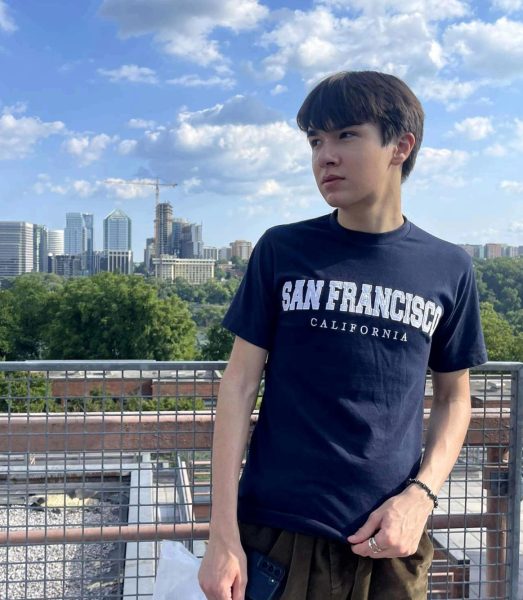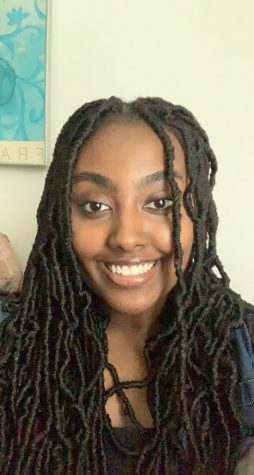In recent weeks, Tesla CEO and billionaire Elon Musk has mentioned the idea of taking over Twitter. If Musk does, he also added that he would make free speech unlimited, with very few restrictions. While social media platforms are spending millions on content moderation, many share Musk’s distaste for online censorship.
Musk said that he believes that posts should only be taken down if they violate the law, which would increase the breadth of free speech. However, more and more recent events show that decreasing the amount of restrictions on what one can post might not be the best idea.
While technology experts say that this idea might hurt the company and any other social media platforms that adopt a similar policy, that is not the biggest issue. The biggest issue with unlimited free speech on the internet is that it does not account for the impact of the speech in the real world.
For example, with few restrictions, there would be more posts involving graphic violence. These kinds of posts would be right at home on social media, where the algorithm prioritizes posts that are shocking and attention grabbing. And a prevalence of imagery involving graphic violence might desensitize users, or even inspire them to commit violent acts in real life.
Another huge reason for content moderation on social media is false information. In the aftermath of the 2020 election, there were widespread baseless claims that the election was rigged and that the results which said Biden won were fake. These false claims were enhanced and spread even more quickly due to social media, and soon more and more people believed them until it became a legitimate belief that the election was fraudulent. This led to the January 6 attack on the U.S. Capital.
Additionally, there would be an increase in the presence of harmful conspiracy theories. These are blatantly untrue, but as social media algorithms shape your feed into an echo chamber, it is more likely that people will think they are true.
Fewer restrictions would mean that all conspiracy theories, even the harmful ones, would be fine, as they don’t break the law. Obviously, this could have very serious and dangerous real life consequences, as conspiracy theories are usually motives for violence.
Racist, misogynistic, homophobic, and hateful ideas promoting violence would be spread: even worse, the message that these ideas are okay would be spread as well.
Take the recent mass shooting in Buffalo. This shooting was planned online and motivated by ideas that were spread online. The gunman also live streamed himself during the killing attack on Twitch. Twitch took the video down, but not fast enough. By that time, people had already recorded, shared, and uploaded the video to other platforms.
Additionally, the gunman was motivated to livestream the shooting by hoping that it would spread his actions, beliefs, and ideas online. In the end, while only 22 people saw the video live, millions of people have seen it since.
So while there are already many restrictions on social media dictating what one can and cannot post, and yet all this is still happening, just think about what it could be like if those restrictions are removed.







